Esoteric vibrations of ritualistic frequencies shroud these songs in a wildcrafted incense of dark terroir.
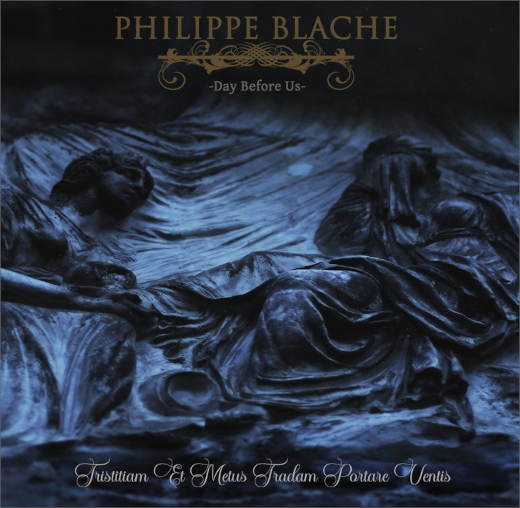
Evoking somnolent interior landscapes
It starts with a slow cold rain, in the Autumn season, when the water soaks into the Earth, when the leaves from the trees have fallen and are starting to decay. Added to this is piano, a repeating loop evoking somnolent interior landscapes, the places where the lonely ones walk. This is an album for such lonely ones. Philippe Blache also records under the Day Before Us moniker, and the first track he gives on this record is called “Way of the Lonely Ones.” It’s a great title, because it shares the name of a book written by that esoteric force of nature, Manly P. Hall. The book is a collection of mystical allegories, and in a sense, Blache’s album can be listened to as mystical allegories. Musical allegories.
The way I understand the meaning of “The Way of the Lonely Ones” is that it is a path you walk alone, a path no one else can take but you. Other’s don’t understand. Other’s won’t understand. They look at you with confusion, or worse, contempt. The choices of the lonely one make sense to her or him, but not to the rest of society. This is the path of the mystic, the mage, of the artist, writer, or musician who remains true to their calling aside from the siren calls to go back to sleep from the world at large. It is the path of those who realize life is like dreaming, and choose to awaken.
Menacing subsonic sounds and dark undertones swirl through a blackened spectral atmosphere on “All to Leave and Follow Thee.” This haunting dark ambient music with spiritual overtones, of a seemingly pagan variety. Lilting piano quivers through the electronic portions. It reminds me of the music of Raison D’etre and other material like that which used to be released on the Cold Meat Industry label back in the day. That’s a good thing, because I love that stuff.
This isn’t any kind of rehash though. Blache is doing his own thing, and he makes use of the piano throughout. Organ, rain, thunder and the voices of Gothic women reciting poetry in Latin or French give the pieces collected here a proper funerary feel. But the voices might not be reciting poetry. They might be casting a spell. “Sonnant à Sombres Timbre” that features all of these things might be my favorite piece among these.
The album is out on the Conjure the Circle label, after all, and with a song called “Hecate Kingdom” sandwiched right in the middle of the album, listeners should know that when they put this on (at midnight I hope) they are putting themselves into a liminal state. Listening occurs at the crossroads.
Listening occurs at the crossroads ::
Conjure the Circle specializes in Witch House. This album isn’t that, but I love Witch House. Trap beats plus Gothic invective, what’s not to love? I love the way the internet allows a profusion of these super specialized microgenres and a way to reach listeners who like the same. But they also release this kind of thing, which as I said before, is dark ambient. It’s really kind of blackened. Esoteric vibrations of ritualistic frequencies shroud these songs in a wildcrafted incense of dark terroir.
The album title is Latin of course, and works out to, I will let the winds carry sadness and fear. The melancholy never gets turned off on these tracks. The anxiety is there like the wind at your back when hiking through a haunted vale. You might just pierce the veil when listening to this record, and find spirits staring back at you, conjured by the music.
E-guitar, synth and other noises are employed, as well as what I mentioned before, all creating a fully enveloping set of songs, dense as a fog. Next time I put this on, I hope to accompany it with reading from a cherished copy of Baudelaire’s Les Fleurs du Mal or Lautreamont’s Les Chants de Maldoror. And as I listen, I will wait for the return of vanished memories, and wait in the night for the calm and pensive flight of the soul.
Tristitiam Et Metus Tradam Portare Ventis is available on Conjvre the Circle. [Bandcamp]






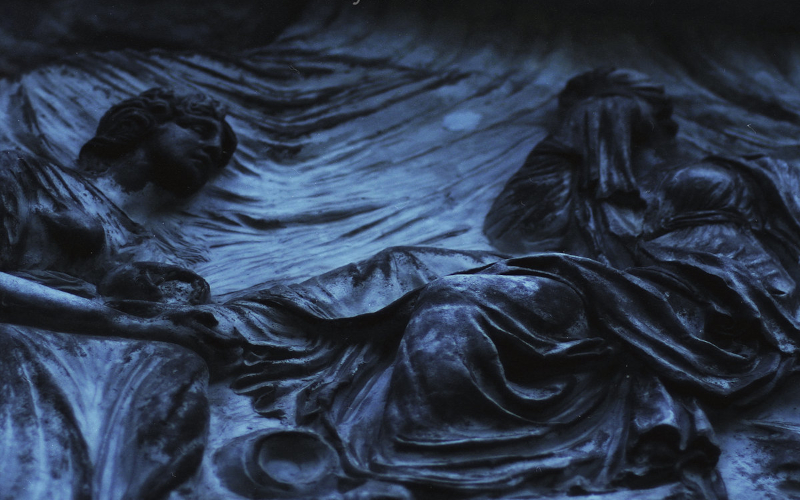
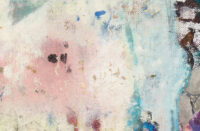

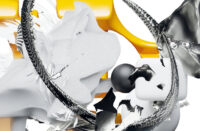

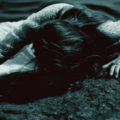
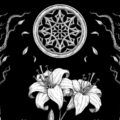

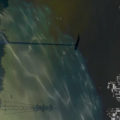
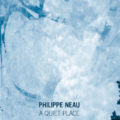


![Pole :: Tempus Remixes (Mute) — [concise]](https://igloomag.com/wp/wp-content/uploads/2025/04/pole-tempus-remixes_feat-75x75.jpg)






![Hasbeen :: Bunker Symphonies II (Clean Error) — [concise]](https://igloomag.com/wp/wp-content/uploads/2025/04/hasbeen-bunker-symphonies-ii_feat-75x75.jpg)
